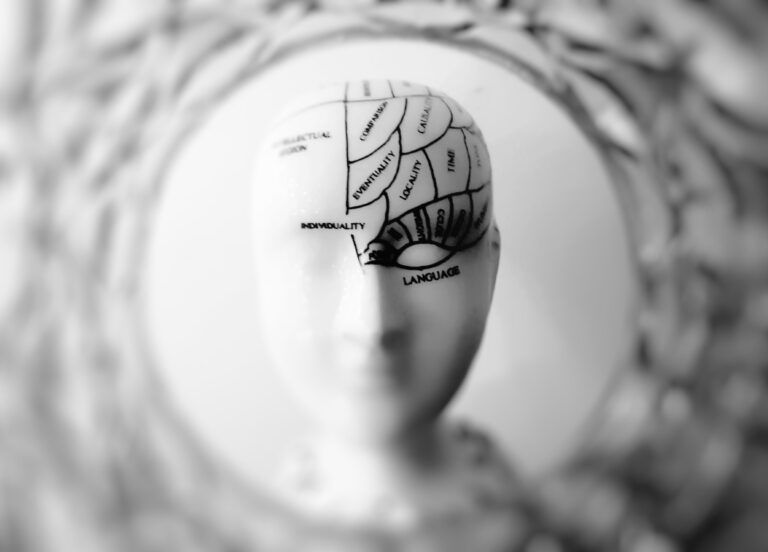There are 3 steps to recover from a concussion, but there may be many more options for treatment and rehabilitation.
To recover from a concussion is something that requires a lot more time, rest, and rehabilitation than most people think. Unfortunately, this lack of understanding is a huge reason why many concussion sufferers feel the effects of this injury long after it happens.
This is why it’s so important to approach recovery the right way. Recovery should start with a visit to your traditional doctor or even the emergency room.
These visits make sure everything is all right and not life-threatening.
Care should continue with an appointment with a Functional Neurologist. They’ll help you recover in the most comprehensive manner possible.
Here are 3 steps to recover from a concussion:
1. Pinpointing the Damage
In the 3 steps to recover from a concussion, the first one requires finding the problem.
During a concussion, the brain rapidly shakes back and forth inside of the skull. This movement can leave areas of the brain damaged. Because of these injuries require us to perform extensive testing to determine which areas of the brain are involved.
Functional neurologists use the most in-depth tests available. These tests include cognitive evaluation, coordination assessment, sensory testing, and physiologic blind-spot mapping. They start every patient off with these tests because they don’t want to take guesses when it comes to something as important as brain health.
A Functional Neurologist’s goal is to pinpoint the exact areas of the brain that are damaged. Then they can determine which rehabilitation techniques will be the most effective. Without this comprehensive start to care, recovering from a concussion could turn out to be incredibly difficult.
2. Customizing a Neurological Rehabilitation Plan
Your functional neurologist will continue your care by providing you with a customized rehabilitation plan. This will be based off of your individual test results that essentially provide a map of the damage. That information determines which brain-based therapies are right for you.
An example of a tool that functional neurologists frequently use for individuals who have suffered traumatic brain injuries is the Interactive Metronome program. This computer program engages the patient with sound, movements, and even sight.
Interactive metronome measures distinctive information about the timing in the brain and compares the results as the patient progresses through long-term rehabilitation.
The exact therapy that is right for you will depend on your test results, so it’s impossible to say which you’ll benefit from until you see a functional neurologist.
3. Continuing With Long-Term Care
Neurological rehabilitation is a long-term solution rather than something you do just once. This rehabilitation is designed to encourage healing within the brain. Your functional neurologist will schedule regular appointments with you to continue rehabilitation.
Afterward, they’ll provide you with further testing to track any improvements.
Advantages of Proper Recovery
Finally, properly recovering from a concussion by seeing a functional neurologist is a long-term commitment, but one that can be incredibly beneficial. Next by following their guidance, you will see major improvements in your functionality well into the future. In addition to this, you’ll learn in-depth information about your brain and body. This information helps you become empowered to better care for yourself.
The 3 Steps to Recover From A Concussion Are Just A Start
While there can be many steps for concussion recovery, these basic 3 steps are the most important. They’re designed to help you optimize your chances of finding the proper care and make changes quickly.
At The Neural Connection, we pride ourselves in being world-leaders in the functional neurology and brain-based rehabilitation sector. Check out our 88+ 5-Star Google Reviews to see what our patient’s say about us!
When you’re ready to chat to create a personalized concussion recovery plan, we’re here for you! Just click the link below to schedule your consultation.
Click here for a FREE 30-Minute Consultation
*Note: The information provided in this article is for educational purposes only and does not constitute a doctor-patient relationship. Patients are advised to consult their medical provider or primary care physician before trying any remedies or therapies at home.

